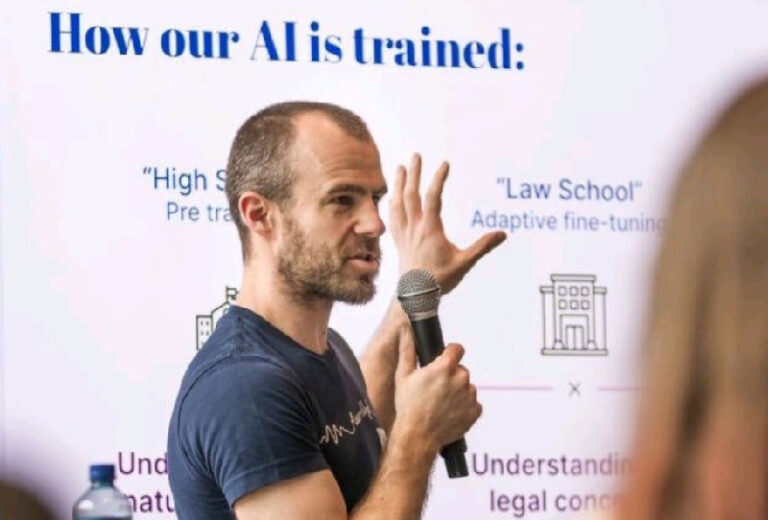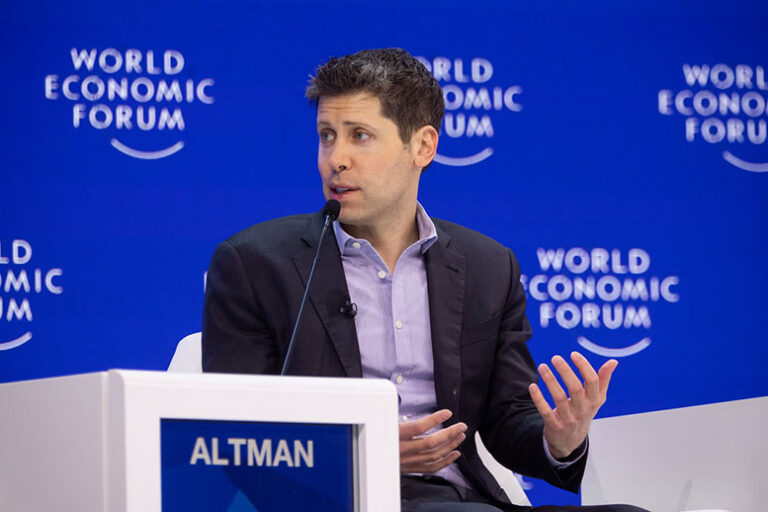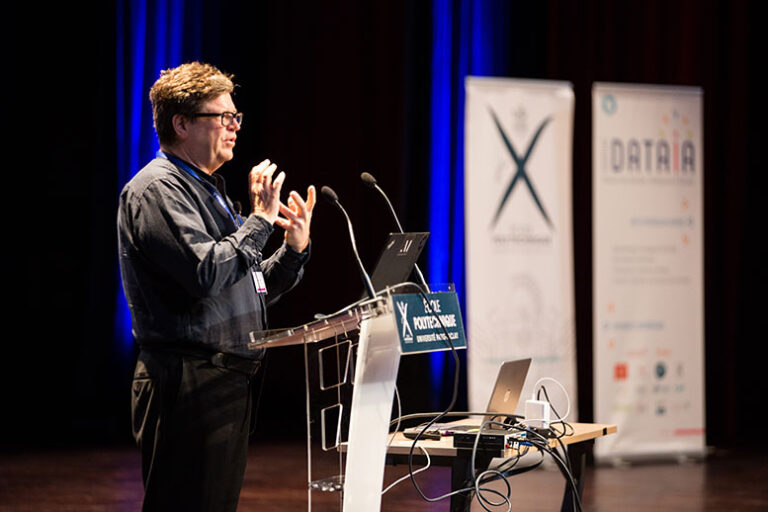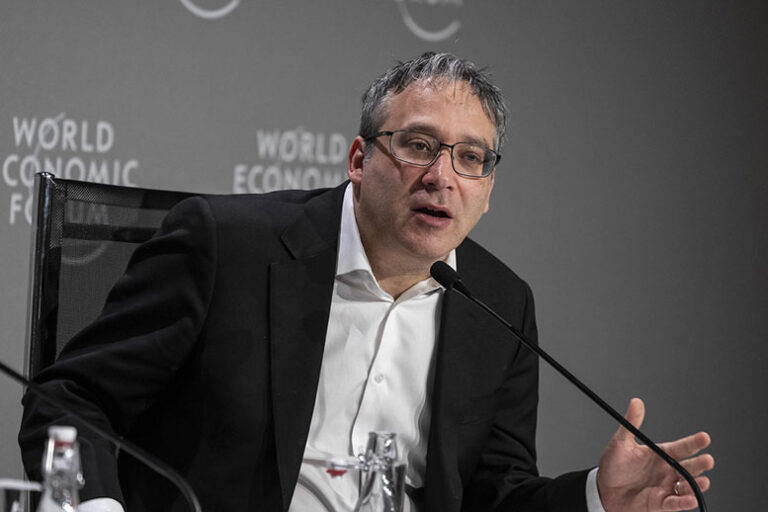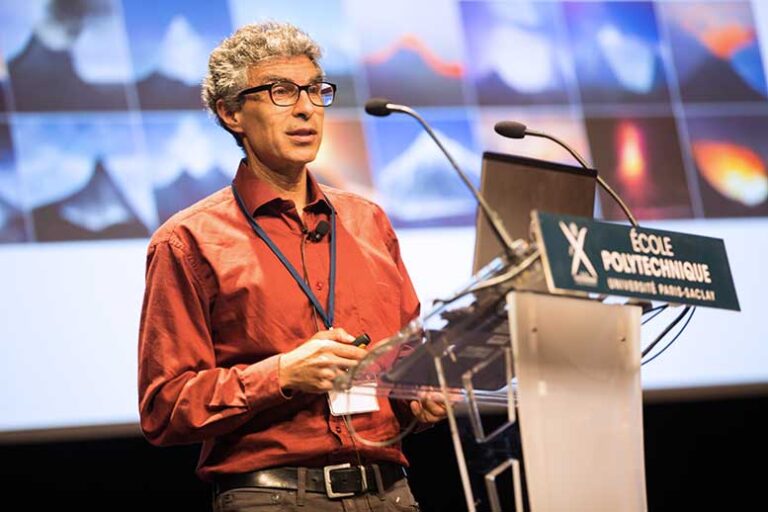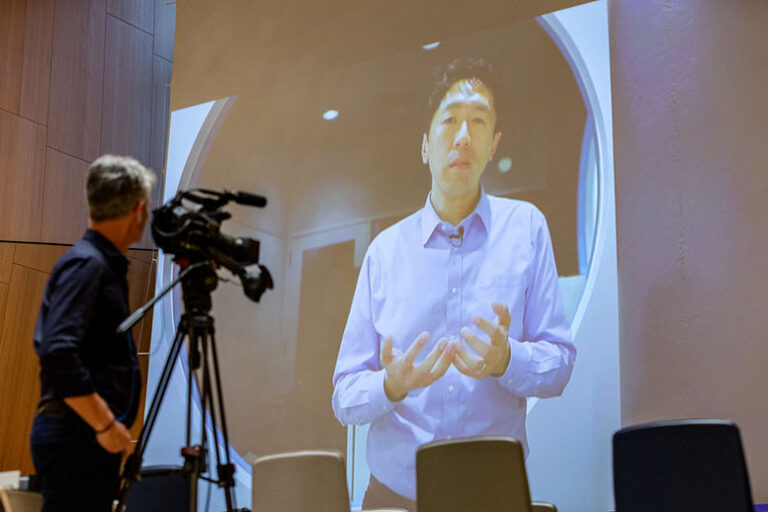Alan Turing
Table of Contents
Alan Turing was a brilliant mathematician, logician, and computer scientist who is widely considered to be the father of theoretical computer science and artificial intelligence.
Born on June 23, 1912, in London, England, Alan Turing showed a strong interest in mathematics and science from a young age. He attended Sherborne School, where his talents were recognized, though not always fully appreciated.
Turing’s academic journey led him to King’s College, Cambridge, where he studied mathematics. His exceptional abilities earned him a fellowship at the college upon graduation in 1934.
Contributions to Computer Science and AI
Alan Turing is considered a pioneer in the computer science field. His most famous concept is the Turing machine, a theoretical computing device that can perform any calculation, considered the predecessor of modern computers.
The Turing machine is still studied today as a fundamental concept in computer science. His work on code-breaking demonstrated the power of machines to solve complex problems.
Turing is also credited with laying the foundation for artificial intelligence (AI). His seminal paper, “Computing Machinery and Intelligence,” published in 1950, introduced the concept of machine intelligence and proposed the famous Turing Test as a way to determine if a machine can think like a human.
While simple, the Turing Test has been influential in AI development and remains a benchmark for AI research.
Breaking the Enigma Code
World War II was a turning point in history, and Turing played a crucial role in it. He was part of a team at Bletchley Park that worked to break the Enigma code, a machine used by the German military to encrypt their communications.
Turing’s work on the Enigma machine involved creating a device called the Bombe, which helped speed up the code-breaking process.
After World War II, Turing continued his work in computer science. He joined the National Physical Laboratory where he designed the Automatic Computing Engine (ACE), an early computer. Later, he moved to the University of Manchester to work on the Manchester Mark I computer.
Recognition and Honors
Despite his significant contributions, Turing’s work was largely classified during his lifetime. Recognition for his achievements came posthumously.
Sadly, Turing’s life was marred by persecution for his homosexuality, which was illegal in the UK at the time. He was convicted of “gross indecency” in 1952 and subjected to chemical castration.
Turing tragically died by committing suicide in 1954 at the age of 41, after biting an apple laced with cyanide. In 2013, he was posthumously pardoned by the Queen of England for his unjust treatment.
In 2019, he was featured on the £50 banknote. The Turing Award, the highest distinction in computer science, is named in his honor.
Turing in Pop Culture
Turing’s story has captured the public imagination. His life and work have been the subject of books, documentaries, and movies, the most famous called “The Imitation Game”.
There’s a famous urban legend about how Steve Jobs wanted to honor Alan Turing by naming his company Apple Computer, however, it never was Job’s intention, he just liked apples and he confirmed in his biography written by Walter Isaacson.
The Alan Turing Institute
The Alan Turing Institute is a research institute for data science and artificial intelligence, based in the United Kingdom. Named in honor of Turing, the institute aims to advance research and innovation in data science and AI.
Turing’s Relevance in Modern AI
Turing’s ideas continue to be relevant in modern AI research. The Turing Test remains a point of discussion and debate. While it has limitations, it has stimulated research into natural language processing and other areas of AI.
Turing’s work on computability and the foundations of computer science provided a solid theoretical basis for AI development today.
Image credit: Dunk @ Flickr
License details
